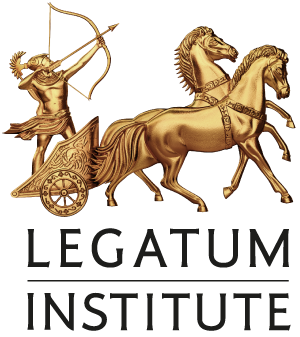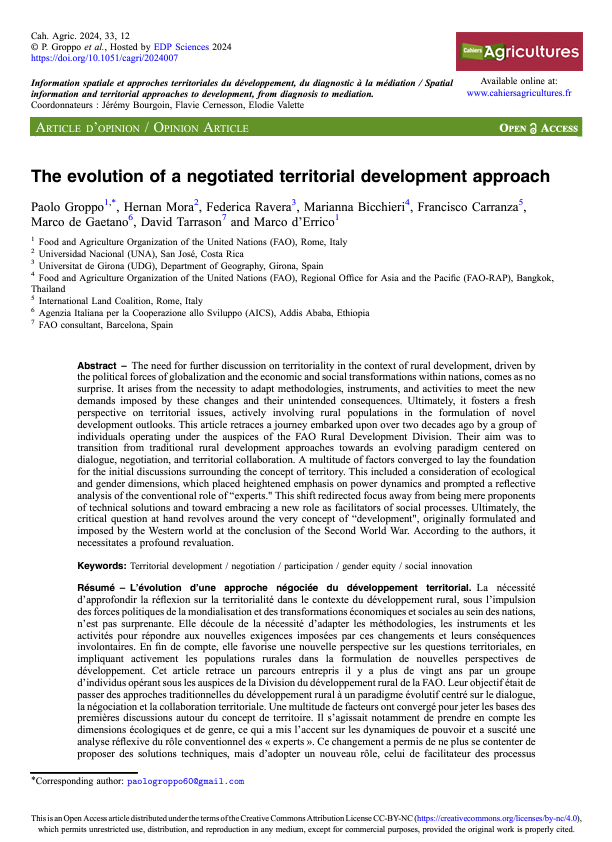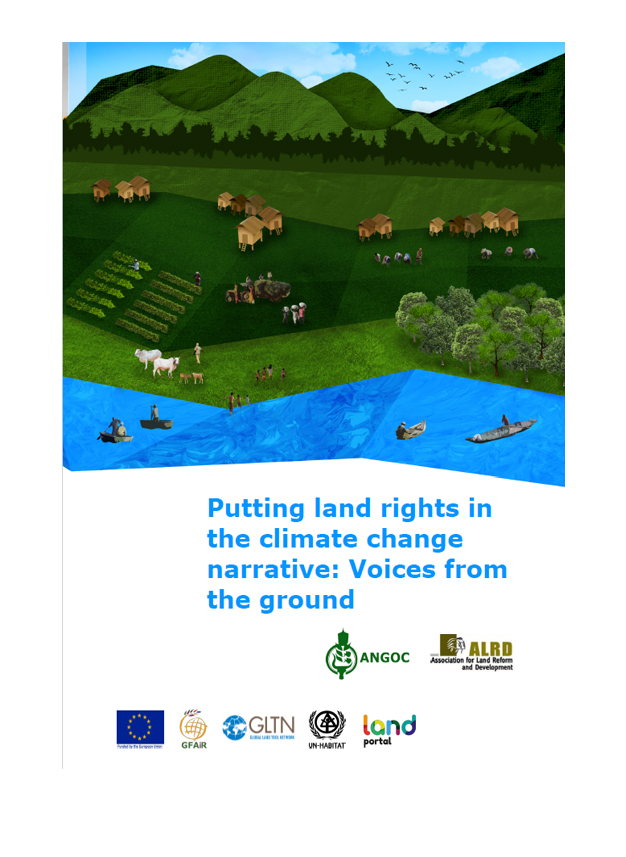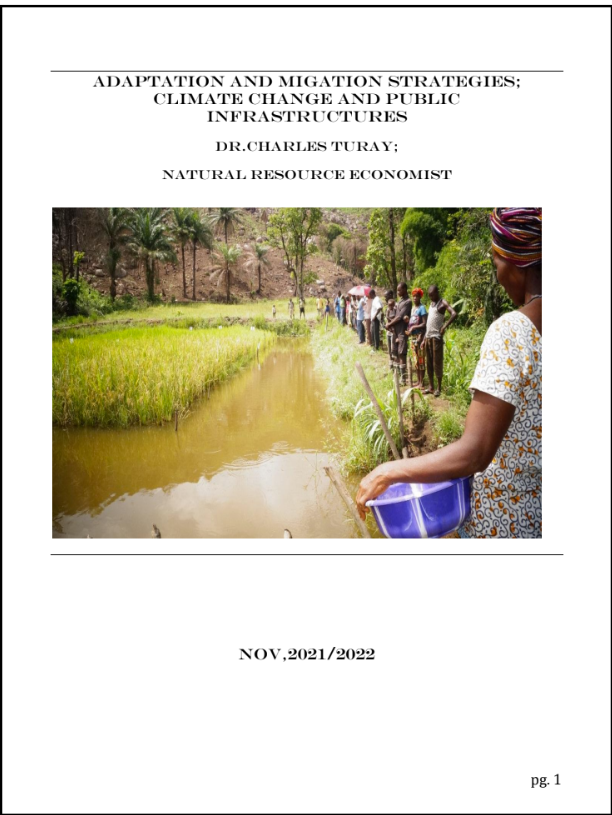
Topics and Regions
Landpages.co.ke is a medium of passing this message.
Details
Public Email
Location
Contributions
Displaying 61 - 70 of 740Progress towards the SDG land degradation and restoration commitments 2023
When UN member states adopted the Sustainable Development Goals (SDGs) in 2015, we celebrated world leaders’ recognition of the foundational and strategic role that sustainable land management must play to advance climate resilience, biodiversity conservation, and maintain sufficient food supplies for us all.
Progress Towards the SDG Land Rights Commitments
Secure land rights for all—women and men, regardless of ethnicity or religion, or civil, economic, social, or political status—are foundational for achieving a world free of poverty, hunger, and systematic gender discrimination. So, in 2015, we celebrated when world leaders recognized the critical importance of land rights within Agenda 2030 and the Sustainable Development Goals. Member States’ ambitious written commitments, however, have not been followed by on-the-ground action.
A national land policy in crisis: the case of ghana
Developing countries are increasingly focusing more on land policy as part of their development plans. Ghana created its National Land Policy in 1999 but hasn't updated it in over 25 years, despite significant changes in land governance. Land policy reforms since colonial times were carried out without a structured plan, leading to problems in land management and many legal disputes due to existing land laws' shortcomings. This situation prompted the development of a thorough Land Policy in 1999.
Geoville
Liberia extractive industries transparency initiative
Legatum Institute
The evolution of a negotiated territorial development approach
The need for further discussion on territoriality in the context of rural development, driven by the political forces of globalization and the economic and social transformations within nations, comes as no surprise. It arises from the necessity to adapt methodologies, instruments, and activities to meet the new demands imposed by these changes and their unintended consequences. Ultimately, it fosters a fresh perspective on territorial issues, actively involving rural populations in the formulation of novel development outlooks.
Putting land rights in the climate change narrative: Voices from the ground
Climate change affects everyone. Yet it hits the poor hardest, especially women and children, and those without rights to land.
Landlessness and the lack of secure land tenure amplify the vulnerability of rural poor communities to the impacts of climate change. Yet, the challenges surrounding their lack of land access and insecure tenure rights are often overlooked in climate change discussions, policy-making, and program implementation.
Adaptation and mitigation strategies; climate change and public infrastructures
This paper focuses on mitigating strategies public infrastructures. It's comprises of fours (4) parts. The first part is the background/introduction that gives a comprehensive summary of the topic. The second part highlight experimental evidences from recent literature articles and publications on mitigating strategies and public infrastructures with special emphasis on public infrastructure exposure and vulnerability and the role of adaptive capacity in mitigating the impact of climate change on public infrastructures.
Rethinking democratisation and political economy of land Governance in sierra leone
Sierra Leone is endowed with abundant of natural resource wealth including Diamond, Gold, and Rutile, Iron Ore, large marine resources and stretches of arable land. Despite abundant the country still faced loaming social, economic and environmental challenges that negatively impact lives of ordinary citizens. In many Africa states; competition for the control over natural resources wealth has led to cycle of armed conflict, suppression of political dissidents and the violation of human rights.










